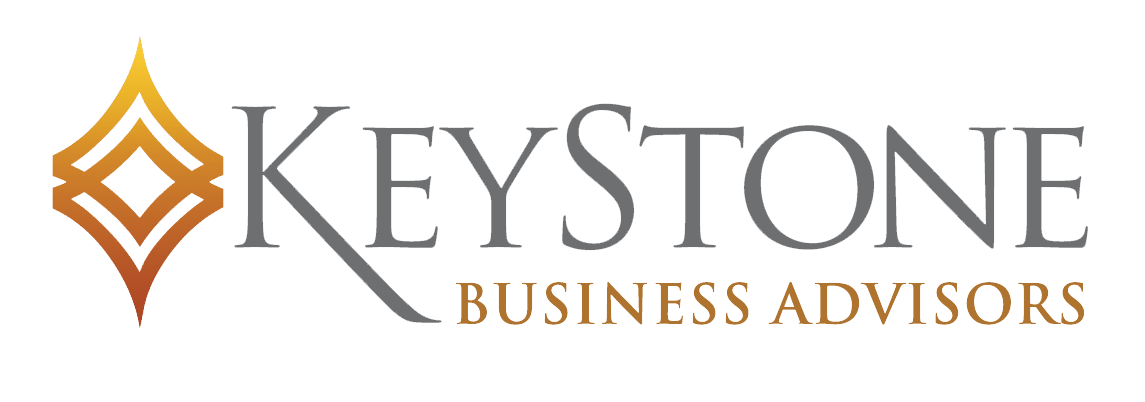Common Deal Structures When Selling a Business
The value of a business can be determined in a variety of ways and requires a thorough understanding not only of the actual business but also of the industry, competitors, as well as the current market. Like in residential real estate, in a buyers’ market there will be less competition for the buyer of a business which can drive down the multiple and overall sales price. On the other hand, in a sellers’ market owners may be able to increase the selling price. In addition, there are many other factors specific to each business that can impact price and demand. Regardless of the market, along with ensuring the business will go into the most capable hands, business owners will also want to attract a buyer who is willing to pay a fair asking price for their company. Unlike a real estate transaction, there are many creative ways to structure the sale of a business that can be achieved through a variety of solutions. A few of the more common structures include All Cash Deals, Seller Financing or Earn-outs.
All Cash Deals
An All Cash Deal is the most straight forward and the least risky to the seller. An all cash deal is where the total purchase price is paid to the seller upon the closing of the deal and nothing else is owed by the buyer. These types of deals can often occur when a larger company acquires a competitor and has the resources to pay the entire purchase price. All cash deals are more likely if the business in bankable. However, there are also cases where a seller may accept a lesser amount for an all cash deal since it is often the least complicated structure and allows the seller to walk away at the end without much further obligation. Because of reduced risk an all cash deal can be attractive to a seller and the simplicity of the deal may off set a reduced price given the alternative of a more drawn out structure that may include additional financing or delayed payment.
Seller Financing
Seller Financing is another common structure that occurs when the buyer may not necessarily have the cash to pay the full asking price at closing and is not able to obtain a business loan due to lack of collateral or other reasons. In many cases, rather than accept a lesser amount from an all cash buyer the seller may agree to accept an offer from another qualified buyer and finance the difference. Seller financing typically ranges between 10% to 50% of the total consideration. The benefits of seller financing are that it could allow the seller to achieve a higher overall purchase price as well as reduce and defer taxes. Seller financing would result in the transaction being structured as an installment sale which would allow the seller to defer the taxes until the year in which the income is received. Commons way to reduce the risk to a seller is to include a security agreement where the assets of the business are security for the loan as well as obtain a personal guarantee from the buyer. In some situations, a buyer will agree to provide real property as collateral for the seller note, however, this is less common. Seller financing is a very common as it not only can it help the seller negotiate a higher sale price, but it also gives the buyer extra piece of mind knowing the seller still has some “skin in the game” and an interest in ensuring the success of the new ownership.
Earn-Outs
An Earn-out is another structure where, like owner financing, the seller still has an interest in the business. An earn out is where a portion of the sales price is paid up front and the remaining can be “earned out” by the seller by the business meeting certain future earnings or revenue benchmarks. According to George Geis, associate dean of UCLA’s Executive MBA Program, “An earn-out is a contingent payout, which essentially involves shifting some of the purchase price to be paid in the future on the realization of future earnings or some other benchmarks of success.” While an earn-out could enable the seller to attract a higher sale price, the trade-off is that the risk is shifted from the buyer to the seller.
Earn-outs are typically used when there is a perceived high risk that the earnings and/or revenue for the business will decline after a change of ownership. This could be due to the fact the business owner controls much of relationships or is instrumental in the success of the business. If the goodwill of the business is tied to the owner personally, the goodwill goes out the door when the owner does. Earn-outs can also be effective when a business is experiencing high growth rates. The seller often wants to capture additional value if the business is expected to experience significant growth. A buyer will usually agree to pay more if the business realizes meaningful growth within one to two years post-closing. It is strongly recommended that earn-outs be tied to revenue or gross profit benchmarks and not bottom-line earnings benchmarks. A seller will have no control over the operating expenses of a buyer, therefore, should not tie future consideration to earnings as such.
When selling a business there are many ways to structure a deal. Some lean more on benefiting the buyer by reducing risk or obtaining leverage and “skin in the game”. Others may end up benefiting the seller by realizing a higher sale price through continued performance of the company. The best structures will tend to help both parties by providing the buyer with the option of added financing or reducing risk through earn out, while at the same time providing the seller with the target sales price they were hoping to obtain.
